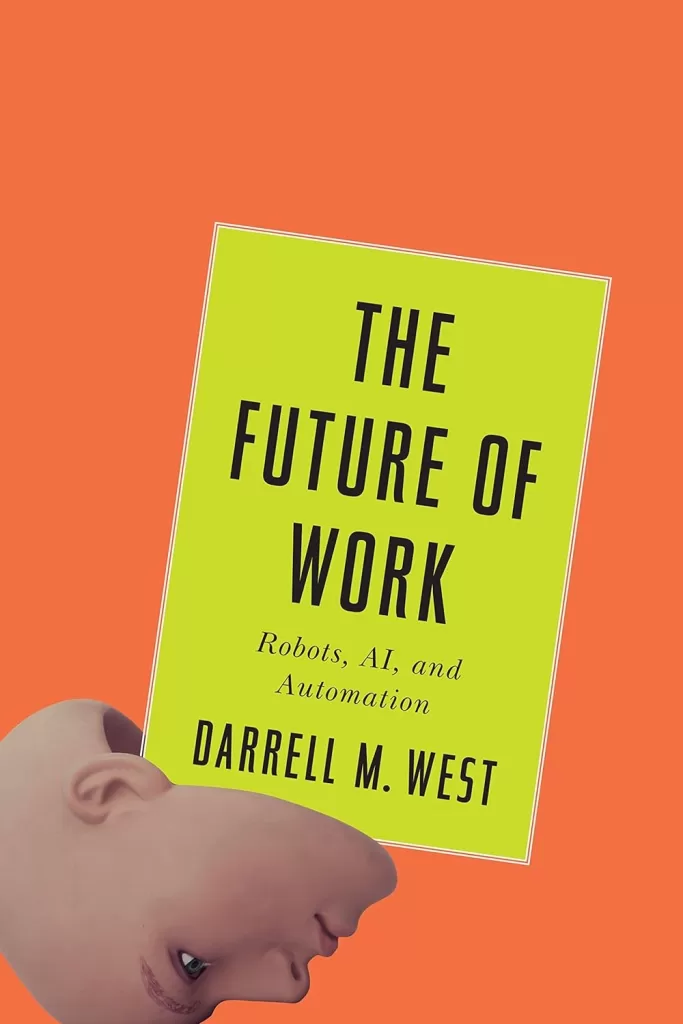In the world of artificial intelligence, Google’s Gemini AI has been making waves. This cutting-edge technology has garnered both excitement and controversy, especially after the release of its highly anticipated Edited Demo. In this blog post, we will delve into the buzz surrounding Gemini AI and explore the backlash it has faced.
The Rise of Gemini AI
Gemini AI, developed by Google, is an advanced artificial intelligence system that aims to revolutionize various industries. It combines machine learning and natural language processing to understand and respond to human queries in a more human-like manner. The potential applications of Gemini AI are vast, ranging from customer service chatbots to virtual personal assistants.
With its ability to process vast amounts of data and learn from user interactions, Gemini AI has the potential to transform the way we interact with technology. It can provide personalized recommendations, answer complex questions, and even engage in meaningful conversations. The possibilities are endless.
The Edited Demo
Google recently released an Edited Demo showcasing the capabilities of Gemini AI. The demo featured a conversation between a user and Gemini AI, highlighting its ability to understand context and generate relevant responses. The video quickly went viral, generating a lot of excitement and anticipation for the future of AI.
However, the Edited Demo also sparked controversy. Some critics argued that the conversation in the demo was carefully curated and manipulated to showcase Gemini AI’s strengths while downplaying its limitations. They claimed that the demo presented an unrealistic portrayal of the AI’s capabilities, leading to inflated expectations among the public.
The Backlash
The backlash surrounding the Edited Demo primarily centered around concerns of transparency and ethics. Critics argued that Google should have been more transparent about the editing process and the limitations of Gemini AI. By presenting the demo as an accurate representation of the AI’s abilities, Google may have misled the public and created unrealistic expectations.
Furthermore, some experts raised concerns about the potential biases embedded in Gemini AI’s algorithms. AI systems are trained on large datasets, which can sometimes contain biases present in the data. If these biases are not addressed, they can perpetuate discrimination and inequality. Critics called for greater transparency and accountability in Gemini AI’s development process to ensure that biases are identified and addressed.
The Future of Gemini AI
Despite the backlash, Google’s Gemini AI continues to generate excitement and anticipation. The Edited Demo, while controversial, has sparked conversations about the role of AI in our lives and the ethical considerations that come with it.
Google has acknowledged the concerns raised and has committed to improving transparency and addressing biases in Gemini AI. They have stated that the Edited Demo was meant to showcase the AI’s potential and that they are actively working on refining the technology.
As Gemini AI evolves and becomes more advanced, it is crucial to have open discussions about its capabilities and limitations. Transparency, accountability, and ethical considerations should be at the forefront of its development to ensure that AI technologies like Gemini AI benefit society as a whole.
Conclusion
Google’s Gemini AI has captivated the world with its potential to revolutionize various industries. The Edited Demo, while generating excitement, also faced backlash for its lack of transparency and potential biases. As the development of Gemini AI continues, it is important to address these concerns and ensure that AI technologies are developed ethically and responsibly. Only then can we fully embrace the transformative power of AI.
[the_ad id=”1072″]


